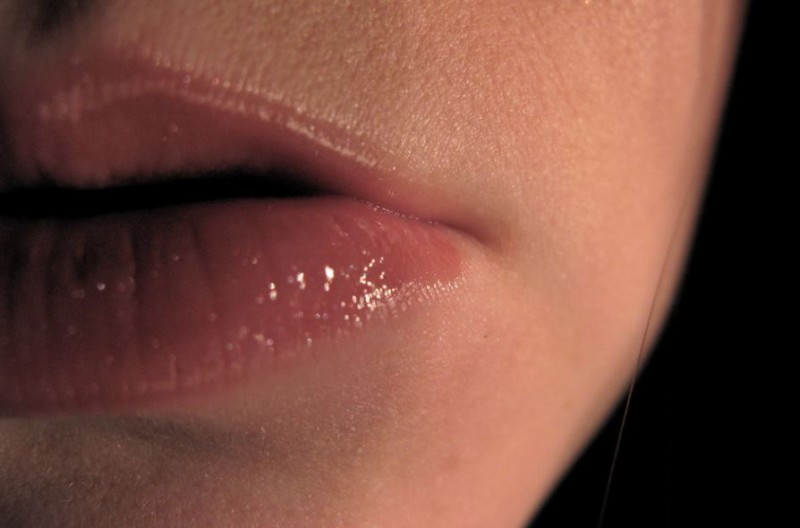
Herpangina is a viral infection that primarily affects children, causing painful sores in the mouth and throat. It can be distressing for both kids and parents. Understanding the warning signs of herpangina is crucial for early detection and timely treatment. In this comprehensive guide, we'll break down everything you need to know about herpangina, from its symptoms and causes to treatment options and prevention strategies.
Herpangina is a contagious illness caused by the Coxsackie virus. It typically occurs in children aged 3 to 10 years old. The virus spreads through close contact, such as sharing utensils or toys. Let's explore the warning signs of herpangina in detail:
One of the earliest signs of herpangina is a sore throat. Children with herpangina often complain of severe throat pain, making it uncomfortable to swallow.
A sudden high fever is a common symptom of herpangina. Fevers can spike quickly, causing concern for parents.
Small red spots and blister-like lesions appear at the back of the throat and on the tonsils. These can be quite painful and make eating and drinking difficult.
Due to the discomfort caused by the throat sores, children with herpangina may refuse to eat or drink. This can lead to dehydration, so it's important to encourage fluids.
Headaches are another possible symptom, and they often accompany the fever and throat pain.
Some children with herpangina may experience mild abdominal pain or discomfort.
The combination of a sore throat, fever, and painful mouth sores can make children irritable and fussy.
Swelling of the lymph nodes in the neck is a less common but possible symptom of herpangina.
The presence of throat sores can make swallowing painful, leading to reluctance to eat or drink.
The body's immune response to the virus can cause fatigue and tiredness in children with herpangina.
Herpangina is caused by the Coxsackie virus, which belongs to the Enterovirus genus. It's highly contagious and spreads through:
Herpangina is easily transmitted through direct contact with an infected person's saliva or feces. Children in close quarters, such as schools or daycares, are at a higher risk.
The virus can also survive on contaminated surfaces, making it possible to contract herpangina by touching these surfaces and then touching the face.
Diagnosing herpangina is usually based on clinical symptoms and physical examination. Laboratory tests are rarely necessary but may be performed in severe or atypical cases.
There is no specific antiviral medication for herpangina. Treatment focuses on relieving symptoms and preventing complications:
Over-the-counter pain relievers like acetaminophen or ibuprofen can help reduce fever and alleviate throat pain.
Encourage your child to drink plenty of fluids to prevent dehydration. Cold drinks and popsicles can also soothe the throat.
Ensure your child gets adequate rest to support their immune system in fighting off the virus.
Spicy or acidic foods can worsen mouth sores, so it's best to avoid them during the illness.
Keep your child home from school or daycare until their fever subsides and the mouth sores have healed to prevent spreading the virus.
Preventing the spread of herpangina is essential, especially in close-knit communities. Here are some preventive measures:
Teach your child proper handwashing techniques to reduce the risk of infection.
Limit close contact with infected individuals, and avoid sharing utensils, cups, and toys.
Regularly clean and disinfect frequently touched surfaces in your home to reduce the risk of fomite transmission.
While there's no specific vaccine for herpangina, ensuring your child is up to date on their routine vaccinations can help protect them from other illnesses.
Most cases of herpangina resolve on their own within a week. However, consult a healthcare provider if:
Understanding the warning signs of herpangina is crucial for timely intervention and minimizing discomfort for your child. While it can be a challenging illness to manage, with proper care and attention, most children recover fully. By following preventive measures, you can also help reduce the risk of herpangina in your family and community.
This is what will happen if you stop drinking suddenly